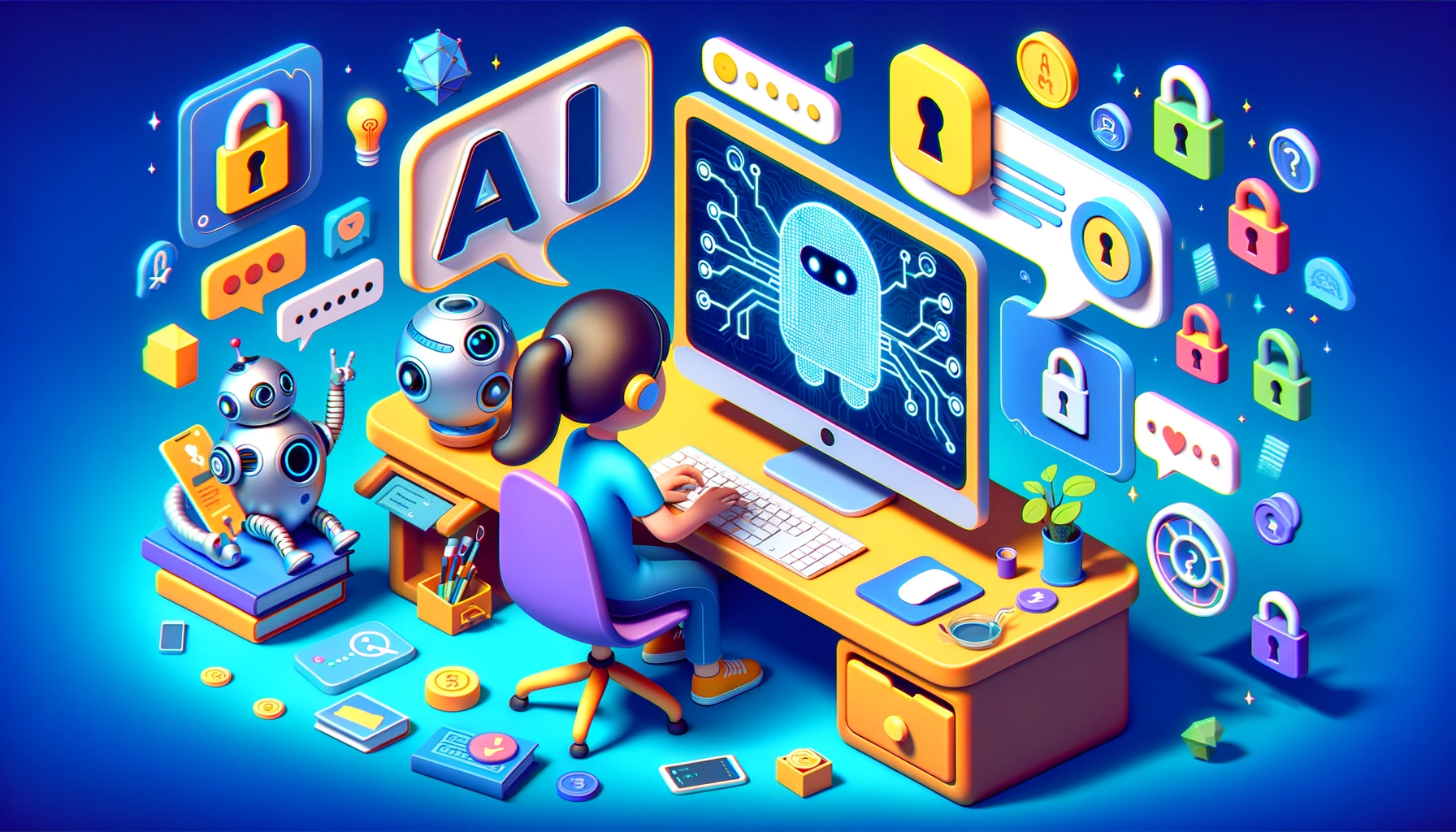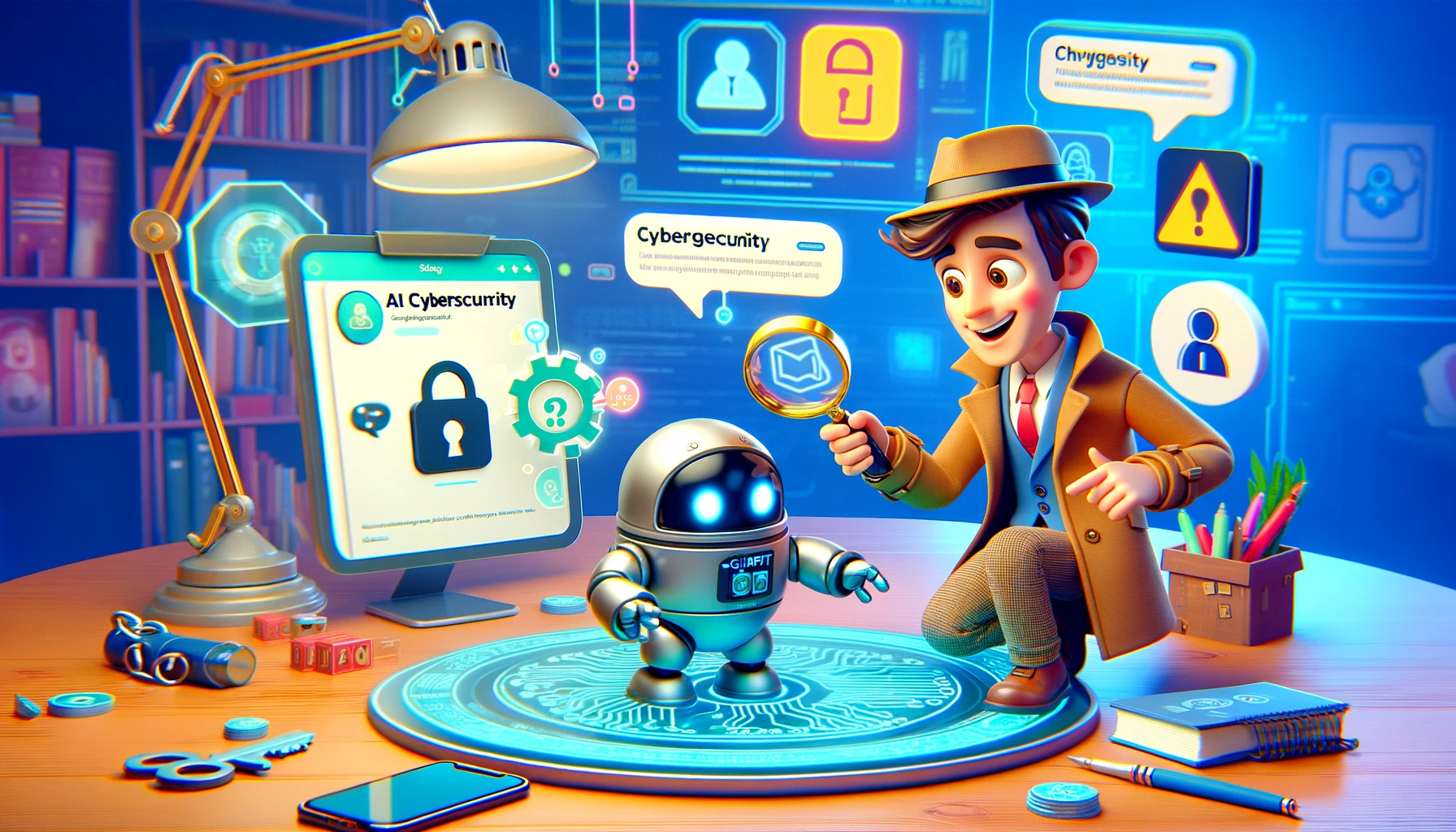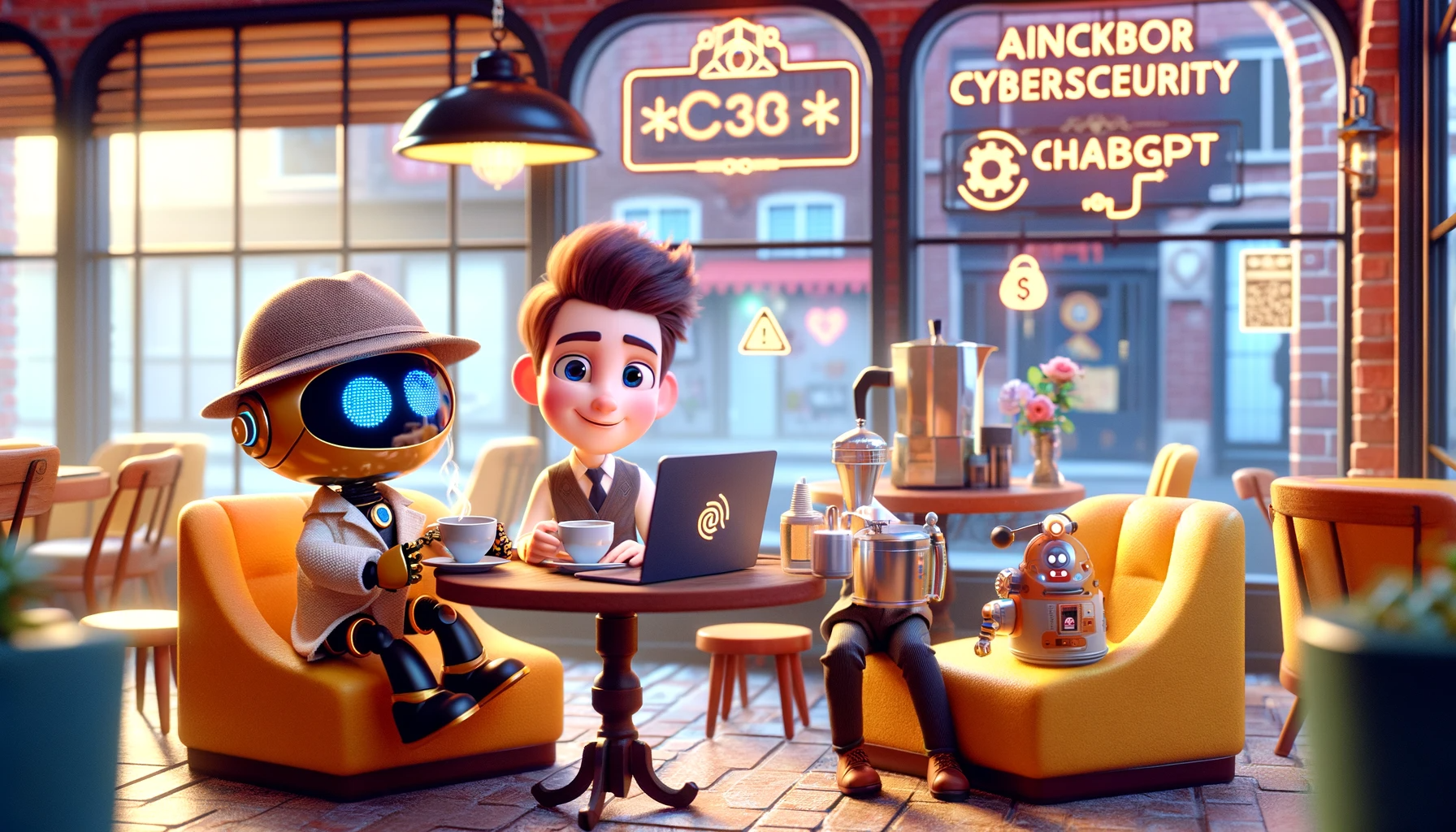AI Security: Can You Trust ChatGPT with Your Secrets?
Hey there, Gossipers, employes who were specificially told not to but still use chatGPT!
Ever wondered if whispering your deepest, darkest secrets to ChatGPT is like storing them in Fort Knox or shouting them in a crowded room? Let's dive into the world of AI and cybersecurity to find out if ChatGPT is the digital equivalent of a trusted friend or a sieve with ears.
The Tech Behind the Chat:
ChatGPT, our AI buddy, is like that friend who never forgets a birthday – because it's programmed not to. It's built on a pile of algorithms and data, but here's the kicker: it doesn't keep personal logs of our chit-chats. OpenAI states that interactions with ChatGPT aren't stored with personally identifiable information. It's like Vegas; what you say to ChatGPT, stays with ChatGPT... mostly.
But Wait, There's a Catch:
While ChatGPT might not be gossiping about your secrets, it's not Fort Knox either. The data used to train these models could come from a variety of sources, and while it's anonymized, the digital world always has ears. Plus, there’s always a risk of data breaches – the internet's version of a spilled cup of coffee on your neatly stacked secrets.
The Golden Rule of Digital Secrets:
Here’s a pro tip: treat ChatGPT like a friendly acquaintance at a cafe. Share what you'd comfortably tell a stranger while sipping your latte. If you wouldn't shout it out loud in public, maybe don't tell it to an AI. After all, you don’t want your secret love for pineapple pizza to become the next big thing in AI gossip.
Conclusion:
In a nutshell, ChatGPT is pretty tight-lipped, but in the AI world, absolute secrecy is a tough nut to crack. It's all about playing it smart. So, next time you're itching to share that secret recipe or your opinion on pineapple on pizza, remember: ChatGPT is cool, but it’s not your diary hidden under the mattress.
SHIP IT TODAY
It's time to launch that product
We're a remote software company, building online tools for creators, builders, and side hustlers. We quit our 9-5 to pursue our dreams, and we want to help others do the same.
Copyright © 2025 beehiiv, Inc. All rights reserved.
Made in Typedream


